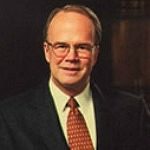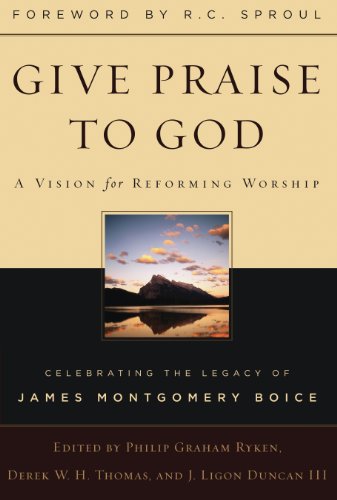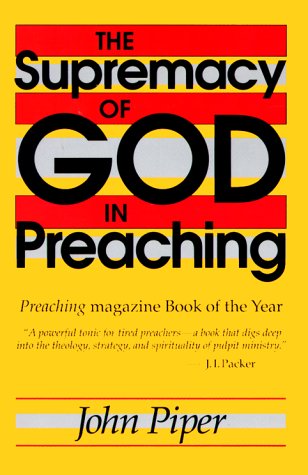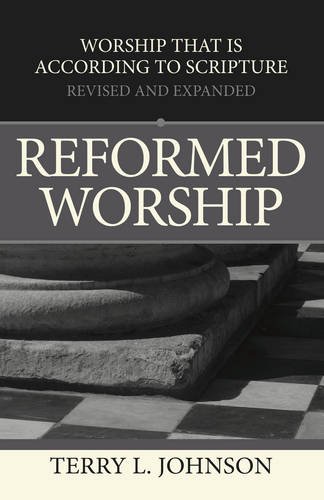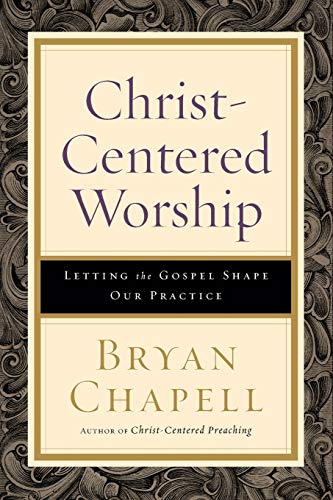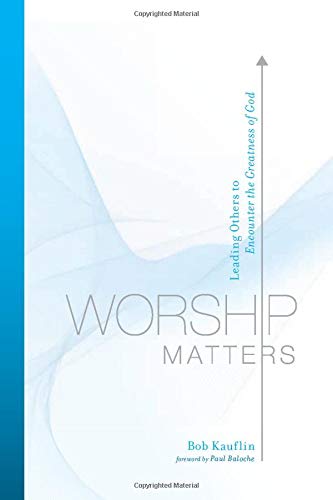Quotes about Worship-Theology
The great hymns of the church are on the way out. They are not gone entirely, but they are going and in their place have come trite jingles that have more in common with contemporary advertising ditties than the psalms. The problem here is not so much the style of the music, though trite words fit best with trite tunes and harmonies. Rather it is with the content of the songs. The old hymns expressed the theology of the Bible in profound and perceptive ways and with winsome memorable language. Today’s songs are focused on ourselves. They reflect our shallow or nonexistent theology and do almost nothing to elevate our thoughts about God. Worst of all are songs that merely repeat a trite idea, word, or phrase over and over again. Songs like this are not worship, though they may give the church-goer a religious feeling. They are mantras, which belong more in a gathering of New Agers than among the worshiping people of God.
Questions of who God is and of what He is like can never be considered irrelevant to the practical matters of church life. Different understandings of God will lead you to worship Him in different ways, and if some of those understandings are wrong, some of those ways in which you approach Him could be wrong as well.
Nine Marks of a Healthy Church, Crossway, 2000, p. 15. Get this book!
The foundation of worship in the heart is not emotional (“I feel full of worship” or “The atmosphere is so worshipful”). Actually, it is theological. Worship is not something we “work up,” it is something that “comes down” to us, from the character of God.
It is God who gives us the spirit of worship (Psalm 133:3), and it is what we know of God that produces this spirit of worship. We might say that worship is simply theology, doctrine, what we think about God, going into top gear! Instead of merely thinking about Him, we tell Him, in prayer and praise and song, how great and glorious we believe Him to be!
If I had no other choices, I’d rather be sitting in the midst of a quiet congregation singing rich, doctrinal truths than jumping around with a lively congregation belting out shallow, man-centered songs. But God never intended for us to have to choose. We’re to pursue theological depth and passionate expression.
Worship Matters, Crossway Books, 2008, Crossway Books, a division of Good News Publishers, Wheaton Illinois 60187, www.crosswaybooks.org, p. 173. Get this book!
We must worship in truth. Worship is not just an emotional exercise but a response of the heart built on truth about God. "The Lord is near to all who call upon Him, to all who call upon Him in truth" (Psm. 145:18). Worship that is not based on God’s Word is but an emotional encounter with oneself.
Pastor to Pastor, Kregel, 1998, p. 81. Get this book!
All of our discussions of the style and mechanics of worship must be anchored in a deeply biblical and richly gospel-centered understanding of what worship is. We might be tempted at a worship conference to focus exclusively on the style and mechanics of worship. And these are important! But a larger challenge is to link how we approach the week-in, week-out task of planning and leading worship with our theological understanding of worship. Do our planning and leading habits, mechanics, and techniques enable people to experience worship in the deepest, most profound, most Christ-centered way? Does our work form our congregations in a deeply biblical faith? We need a high-octane theology of worship – and one that is not simply articulated in writing, but enacted in our worship and lived out in our lives (John Witvliet).
Reflections on Worship’s Meaning and Purpose – Thinking About Worship, Calvin Institute of Christian Worship.
We study doctrine until we worship (Abner Chou).
The study of God is a subject so vast, that all our thoughts are lost in its immensity; so deep, that our pride is drowned in its infinity (Luke Stamps).
Adapted from The Humanity of Christ, Used by Permission from the Gospel Coalition. www.thegospelcoalition.org
The foundation of true holiness and true Christian worship is the doctrine of the gospel, what we are to believe. So when Christian doctrine is neglected, forsaken, or corrupted, true holiness and worship will also be neglected, forsaken, and corrupted.
The study of God is a subject so vast, that all our thoughts are lost in its immensity; so deep, that our pride is drowned in its infinity.
Taken from Knowing God by JI Packer. Copyright(c) 1973. Used by permission of InterVarsity Press, PO Box 1400, Downers Grove, IL 60515, p.17. Get this book!
Our aim in studying the Godhead must be to know God Himself better. Our concern must be to enlarge our acquaintance, not simply with the doctrine of God’s attributes, but with the living God whose attributes they are.
Taken from Knowing God by JI Packer. Copyright(c) 1973. Used by permission of InterVarsity Press, PO Box 1400, Downers Grove, IL 60515, p.23. Get this book!
True worship does not come from people whose feelings are like air ferns with no root in the solid ground of biblical doctrine. The only affections that honor God are those rooted in the rock of biblical truth [John 4:23].
Desiring God, 1996, p. 90, Used by Permission, www.desiringGod.org. Get this book!
Education about God precedes and serves exultation in God. Learning truth precedes loving truth. Right reflection on God precedes right affection for God. Seeing the glory of Christ precedes savoring the glory of Christ. Good theology is the foundation of great doxology. Knowledge is utterly crucial. But it is not an end in itself. It serves faith and love. And if it doesn’t, it only puffs up, as Paul says in 1 Corinthians 8:1. Where education does not produce heartfelt exultation in God, it degenerates into proud intellectualism. And where exultation is not sustained and shaped by solid Biblical education, it degenerates into proud emotionalism. God means to be known and loved. Seen and savored. Pondered and praised.
Worship should lead to greater understanding of theological truth. If we contrast the theological depth of the prose hymn in Colossians 1:15-20 with examples from modern praise choruses, we can see more clearly how trivial and insubstantial some of what we sing in our worship is.
Studying holiness must lead to repentance. Studying salvation must lead to gratitude. Studying the end times must lead to hope. We need to study to show ourselves improved, that is, bearing the fruit of the Spirit. Systematics is not a dusty endeavor, but ought instead to be Miracle-Gro for the fruit of the Spirit. To know Him is life. To study Him, therefore is health.
What is Systematic Theology and Why is it Important? March 14, 2014, Used by Permission.
Theological ignorance won’t take us very far, at least not in the right direction. Excitement uninformed by truth invariably leads either to idolatry or fanaticism. If we don’t know the God we enjoy, we may end up enjoying the wrong god!
One Thing, Christian Focus, © Enjoying God Ministries, 2004, p.12-13. www.enjoyinggodministries.com. Used by Permission.
The ultimate goal of theology is not knowledge, but worship. If our learning and knowledge of God do not lead to the joyful praise of God, we have failed. We learn only that we might laud. Another way of putting it is to say that theology without doxology is idolatry. The only theology worth studying is a theology that can be sung.
The Ultimate Aim of Theology, November 8, 2006, www.enjoyinggodministries.com. Used by Permission.
We love theology because it informs our understanding of the Lord, but theology becomes just an intellectual exercise if it doesn’t impact how we worship and how we enjoy the Lord.
Transcendent worship is directly related to the depth of comprehending divine truth. Those who understand the gospel most deeply worship God with the greatest exaltation and exhilaration.
